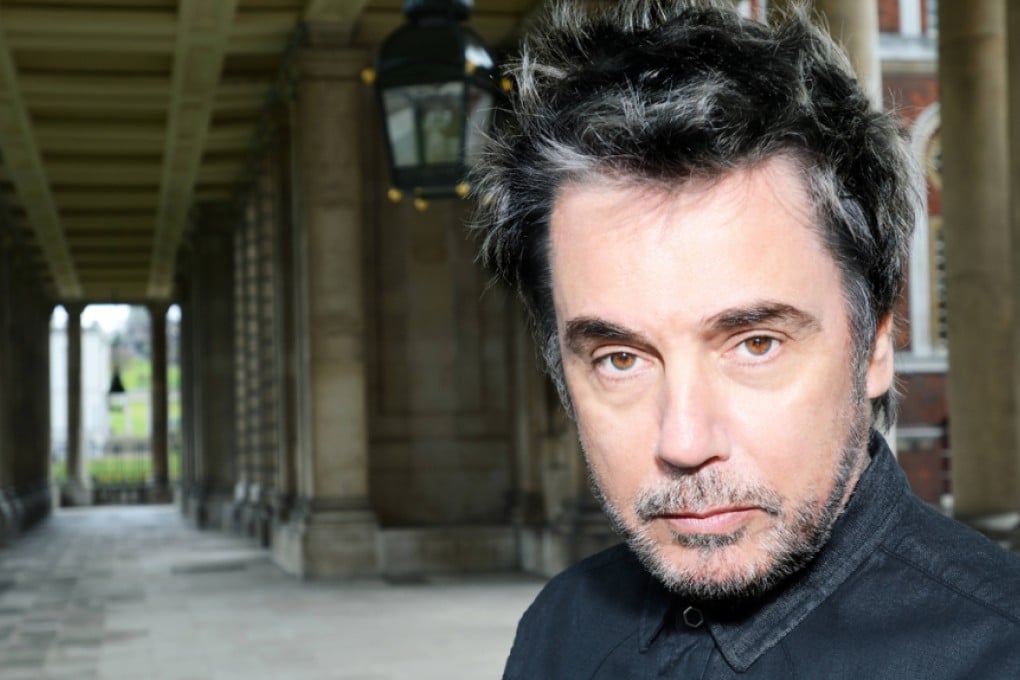Why Jean-Michel Jarre invited Edward Snowden to collaborate on album
Courage and humility of 'true hero' whistle-blower reminds electronic music master of his mother's wartime suffering in French Resistance, he tells Etan Smallman. Jarre also talks about his plans to return to China with his latest album


“You should go, ‘Der-de-dah-de-de-de-dah …’ ad infinitum. See how he feels about that.”
The helpful words of a friend bounce around in my head as I make my way along London’s Kensington High Street to meet Jean-Michel Jarre.
The French musician and composer should really take it as a compliment; a symptom of his incredible capacity to defy the passing of time. It is not just that he looks better than any man of 67 has a right to – fresh-faced with a shaggy hairstyle that wouldn’t be out of place on a member of One Direction – or even that his music is, almost, as cutting-edge as ever. It is also that he manages to polarise opinion like a wunderkind fresh to the scene, not a widely revered elder statesman who helped pioneer a whole music genre and sold 80 million albums in the process.

While my mate expressed the sentiment of many who will never “get” electronic music and the plinkety-plonkety synthesiser sounds of Jarre, on the other side of the divide, another friend spent a full day pondering his oeuvre before sending me a list of no fewer than 15 questions she wanted to put to JMJ (as devotees insist on referring to him). As it happens, Jarre couldn’t give two rhythmic, sonorous hoots about the derision of the unconverted.
“You know, every generation and every movement has a kind of condescending attitude towards the next one,” he says, in a dark and over-air-conditioned room in Sony’s HQ, just across the landing from the opulent suite of offices belonging to reality-television genius Simon Cowell. “It was true of classical music vis-à-vis jazz, jazz people regarding rock, rock people regarding electronic musicians, electronic musicians regarding DJs … it’s a never-ending story. “My advice for a young musician would be: don’t listen too much to the critics, do what you want because, at the end of the day, what people don’t like in you is very often what makes your specificity – is why you are interesting.” Surely he wasn’t always so Zen?
